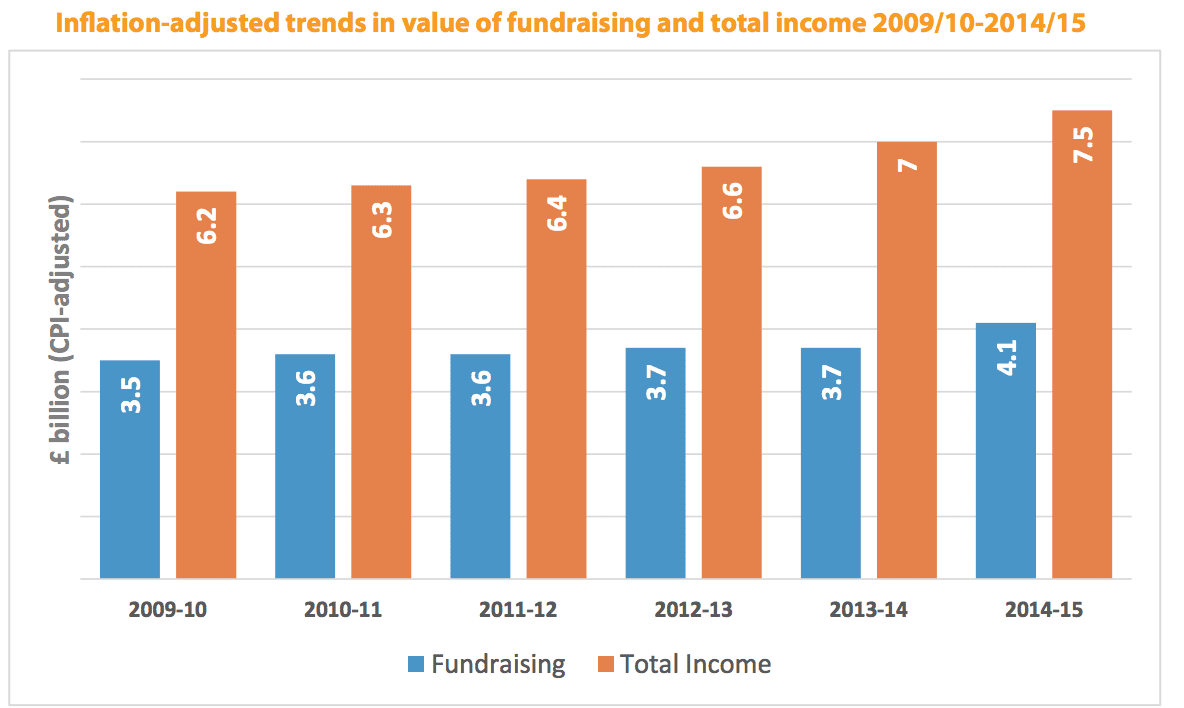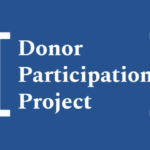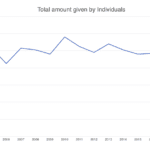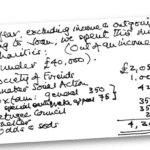Understanding the barriers to giving
Donors don’t particularly like to say no to charities.
That’s because charities are great. When you give to them, you demonstrate to yourself and others that you are both kind and generous.
But what does refusing to give say about you?
It might be something a little unpleasant. As a result, many donors create emotional ‘barriers’ to help them deflect any accompanying negative feelings.
At Bluefrog, we’ve identified three main barriers that any good fundraising strategy needs to tackle if it is to be effective:
- Feeling unable to give
- Thinking that a gift will be ineffective
- Feeling unengaged by the charity or the cause.
You can read more about the barriers and how you tackle them here.
I mention them because I’ve been writing a paper on higher value donors and have found a couple of good pieces of research that will add to our understanding this particular part of the fundraising process.
The first was produced for HMRC by Ipsos Mori and can be downloaded here (PDF).
The second was produced by Barclays Wealth in co-operation with Ledbury Research and can be downloaded here (PDF).
As you’ll see, only a third of wealthy people currently donate more than 1% of their net worth to charity.
But both papers identify that this group could give far more – both in terms of time and money – if it wasn’t for the barriers that restrict their engagement. The Ipsos Mori paper is particularly interesting as it uncovers a growing desire amongst wealthy donors to retain control over the timing and destination of their donations.
I’ve also discovered a video that takes a look at a group of very wealthy people discussing why one of them doesn’t like giving to charity. You won’t necessarily learn much from it, but it will hopefully make you smile.










